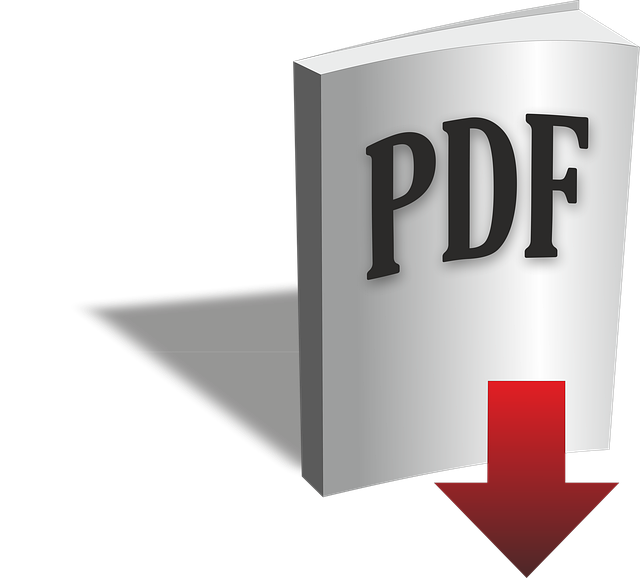-
Debbie Smyth
-

-
Debbie Wilson Smyth has been researching her family since 1993 and holds a Certificate in Genealogical Research from Boston University. As the owner of Oak Trails Genealogy Services, LLC, she provides professional genealogical services in research, education, and consultation. Her research focuses on midwestern and southern states, methodology, lineage society applications, and DNA. Debbie is the President of the Suncoast Genealogy Society and has served on its Board of Directors. She is a member of the Association of Professional Genealogists, as well as a number of national, state, and local societies.
-
Indirectly Evident: Finding William’s Parents
When no known records exist to identify the parents of an individual, a researcher may utilize indirect evidence to build a proof argument. This presentation offers a case study into the use of indirect evidence to identify the parents of William Graham of Meigs County, Ohio.
Timelines: A Genealogical Tool for Organization and Analysis
Timelines help organize the information that we collect on our ancestors and are beneficial in the analysis process. This presentation describes the use and elements of timelines for genealogical research, including examples created in various formats.
Evidence Analysis: The Source, the Information, the Evidence
Effective evidence analysis requires analyzing not only the source, but also the information it contains and the evidence it provides. This presentation offers an in-depth look into the evidence analysis process.
Making Sense of the Census
The U.S. census schedules are valuable records for the genealogist. This presentation focuses on the content and information provided by the various census years and the instructions to the enumerators. It also covers tips for analysis of the information across the census years, including the tick marks of the pre-1850 census schedules.
Lineage Societies: Tips for Successful Applications
There are hundreds of different types of lineage societies, each with specific rules and requirements for the application process. This presentation provides an overview of the various societies and offers general tips for completing successful applications.
DNA Doesn’t Lie, But Needs Help to Find the Truth!
DNA testing is a valuable tool for use in genealogical research. DNA provides confirmation of a genetic relationship; however, it requires the help of documentary research to confirm the genealogical relationship. This presentation reviews the differences between a genetic relationship and a genealogical relationship and how pairing the two will strengthen your genealogical conclusions.
The Bucket List: Sorting DNA Matches
Shared matching is a great tool to help sort your DNA matches. This presentation describes the “bucket” approach for sorting DNA matches and how it can help with the management and organization of those matches.
Disconnected Connections: A Case Study of Family Lore and an MPE
In genealogical circles, the acronym MPE stands for a misattributed parentage event. A misattributed parentage event encompasses those situations where parentage has been attributed to the wrong person. For example, learning that daddy wasn't really the biological father. Finding an MPE can be an unexpected or upsetting matter. Truth is, those times when family lore, DNA and documents diverge happens more frequently than we think. This presentation will begin with a discussion on DNA testing, identifying a misattributed parentage event, exploring some research strategies, and considering the ethics involved. It concludes with a case study to explore my own personal MPE finding, my research process, and the ethics involved.
Exploring Ancestry® Tools for DNA Analysis
This presentation explores the various tools provided by Ancestry® to assist in analyzing and evaluating DNA matches. It will cover the more common tools, as well as a few that are lesser known and under-utilized. Strategies that combine these tools to achieve research goals will also be examined.

